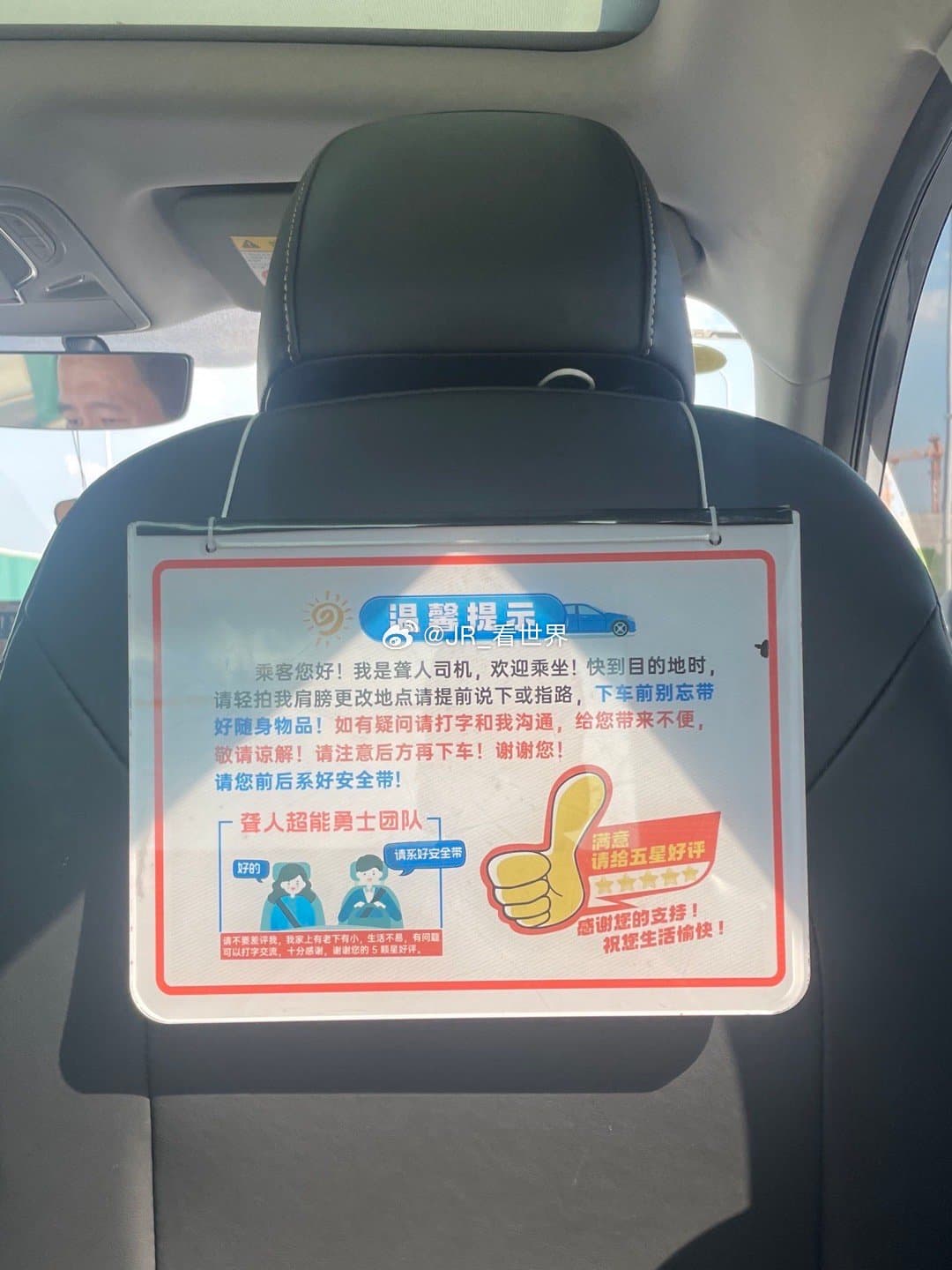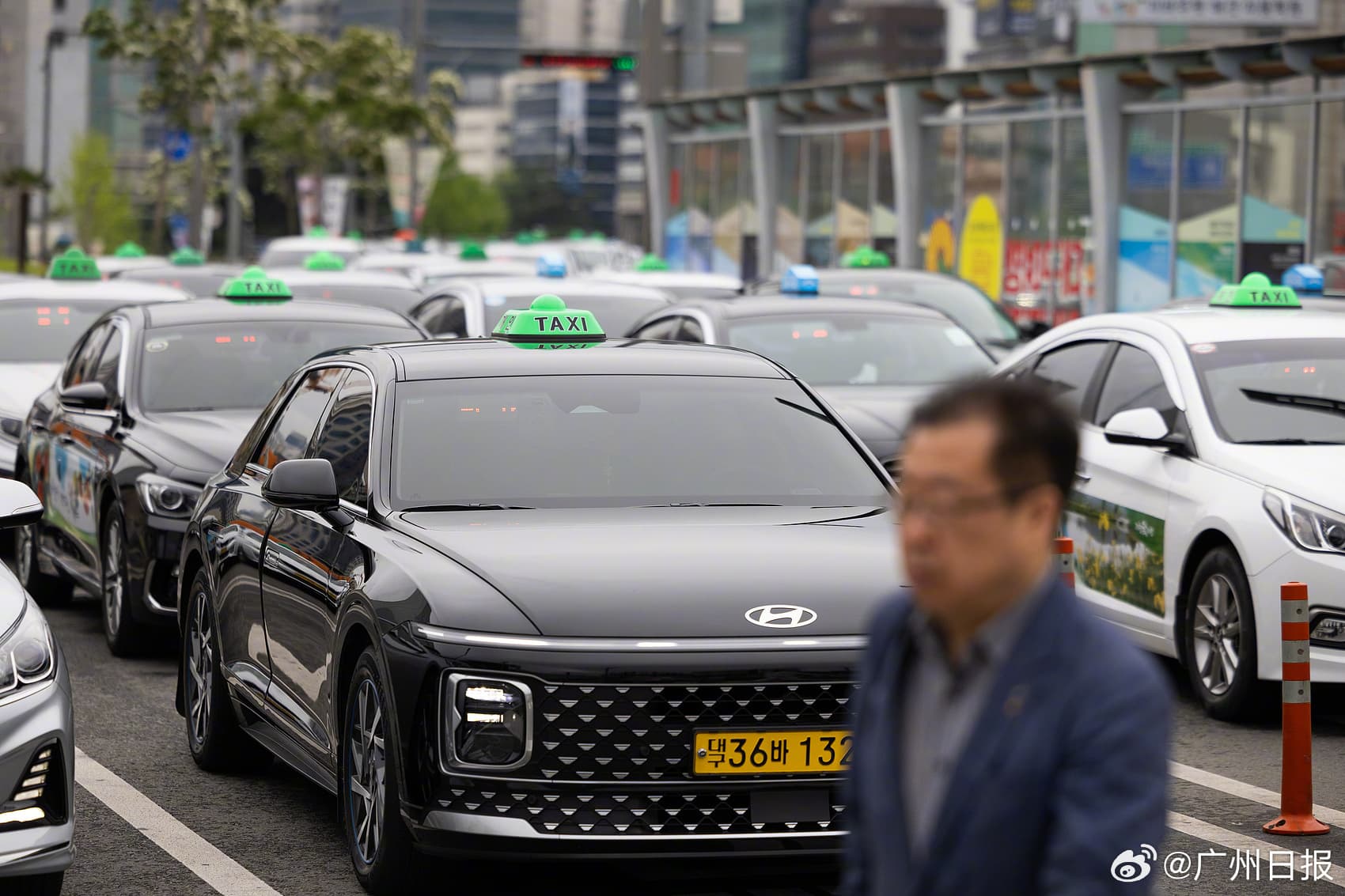Elderly Taxi Driver Ruled Not Guilty in Tragic Death of South Korean University Student
A tragic incident in South Korea has sparked widespread discussion and debate. In March 2022, a female university student in Pohang, South Korea, mistakenly believed she was being kidnapped after an 80-year-old taxi driver, who was hard of hearing, took a wrong turn due to a miscommunication about her destination. Despite the student's attempts to correct the driver, he failed to hear her warnings, leading to the student jumping out of the moving taxi in desperation. Unfortunately, she was struck and killed by an oncoming SUV. The incident led to a court case, which ultimately resulted in the taxi driver being ruled not guilty due to his inability to foresee the student's actions.

19 February 2025
The ruling by the South Korean court has raised questions about responsibility, foreseeability, and the tragic consequences of miscommunication. The case highlights the complexities of assigning blame in situations where a series of unfortunate events leads to a devastating outcome. The student's fear for her safety and the taxi driver's inability to hear her warnings created a perfect storm that ended in tragedy. On the evening of March 4, 2022, the female student hailed a taxi to return to her university dormitory. However, due to the elderly driver's hearing impairment, he misheard the destination, leading the student to mistakenly believe she was being kidnapped. Despite the student's repeated warnings, which totaled two attempts, the driver failed to hear her concerns. Tragically, the situation escalated, and the student, fearing for her safety, opened the car door and leaped out, resulting in a devastating outcome.
The South Korean court’s decision to rule the taxi driver not guilty has sparked a divided reaction in society. The court based its ruling on the belief that the driver could not have foreseen the deceased jumping out of a taxi traveling at speeds over 80 kilometers per hour onto a highway. Some critics argue that the driver's hearing impairment and misunderstanding of the destination were direct causes of the accident and, therefore, he should bear some responsibility. They point out that had the driver been more attentive or communicative, the tragic outcome might have been avoided. This perspective underscores the importance of the driver's role in ensuring passenger safety, particularly in situations where clear communication is crucial.

On the other hand, there are those who believe that the student's decision to jump from the moving vehicle was impulsively reckless and that the driver should not be held entirely accountable for her actions. Supporters of this viewpoint suggest that while the driver's hearing issues and the communication breakdown contributed to the conditions leading up to the accident, the ultimate act of jumping from the car was a decision made by the student herself. They argue that attributing full responsibility to the driver overlooks the complexity of the situation and the unpredictable nature of human behavior, especially under duress or panic.

The incident has sparked a nationwide discussion in South Korea, with many people questioning whether an 80-year-old taxi driver is fit to be on the road. Concerns have been raised about the potential risks associated with elderly drivers, particularly in a profession that requires quick reflexes and sharp senses. Some have expressed sympathy for the driver, highlighting the socioeconomic pressures that may have forced him to continue working at an advanced age. On social media, users have been sharing their thoughts and opinions on the matter, with some expressing sorrow for both the victim and the driver, and others questioning whether the driver should be held completely blameless.
The incident has shed light on the importance of addressing issues related to public safety, aging, and communication in South Korea. It has also raised questions about the need for more effective measures to ensure that elderly drivers are fit to operate vehicles, and the importance of promoting empathy and understanding between different generations and individuals with varying abilities. As the country grapples with the consequences of this tragedy, it is clear that a nuanced and multifaceted approach will be necessary to address the complex social and economic factors at play. The outcome of this case will likely influence how similar incidents are handled in the future, emphasizing the need for empathy, understanding, and perhaps a reevaluation of safeguards to prevent such tragedies from occurring.

Comments







